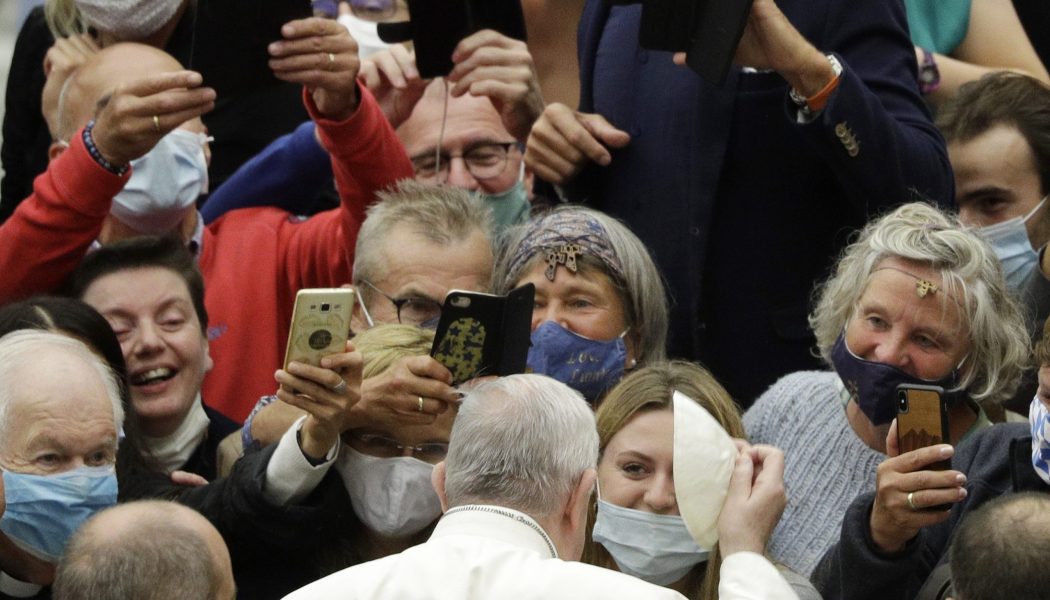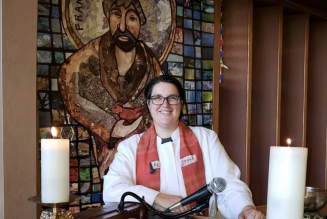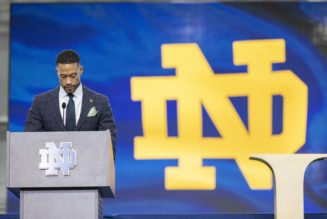
ROME – Fans of the TV show “West Wing” probably remember an episode in which an internal White House memo is leaked to the press accusing President Josiah Bartlett of timidity and compromising his positions to placate critics. In response, Chief of Staff Leo McGarry crafts a strategy of “Let Bartlett be Bartlett,” meaning forgetting about the politics and being bolder in pursing the president’s agenda.
At the end of the episode, he asks members of the senior staff if they’re on board, knowing that if it goes wrong they’ll be out of work. Memorably, each one replies: “I serve at the pleasure of the President.”
Though in context the phrase was a declaration of loyalty, literally it’s a simple statement of fact: White House staffers are “at will” employees, meaning they can be fired without a substantive reason. The underlying philosophy is that a leader’s ability to shape his or her own team is crucial to the ability to implement their agenda.
In effect, a simple pact is formed whenever a new leader takes office: “Pick whomever you want to work for you, but deliver results.”
All this comes to mind in light of the dizzying saga of Italian Cardinal Angelo Becciu, an erstwhile Vatican kingpin as sostituto, or “substitute,” in the Secretariat of State from 2011 to 2018, who was summarily dismissed on Sept. 25 from both his new job as head of the department for saints and also his rights as a cardinal.
Back in the day it was part of Becciu’s job to enforce discipline, just as it was for the legendary Monsignor (later Cardinal) Giovanni Benelli under St. Paul VI and every sostituto who’s followed. That means sometimes cracking heads, which is rarely a prescription for popularity. Given that Becciu suddenly is vulnerable, it’s probably no surprise the knives appear to be out, and they’re not in short supply.
On Wednesday, Becciu’s lawyer – in itself, it’s revealing that someone still technically a cardinal, though without the privileges, feels the need for a lawyer – put out a remarkable statement denying eight separate accusations of corruption, fraud and evidence-tampering, including a charge that pivots on the production and sale of beer.
(Honestly, that one might actually help Becciu’s image in some circles, but that’s a story for another day.)
Given the twist-a-minute dynamic of this saga, many reporters might have missed some of these accusations had Becciu’s attorney not done us the favor of cataloguing them all. The statement said Becciu reserves the right to pursue legal action against his accusers in order to “preserve his honor and his reputation as well as his family’s.”
RELATED: More allegations of financial wrongdoing against ousted cardinal
It’s important to stress that so far, these are merely allegations, made mostly in the press. To date, Becciu has not been formally charged with any crime, either by a Vatican prosecutor or the Italian state, though investigations are ongoing.
As if the avalanche of charges weren’t enough, Becciu suffered another setback late last week when a lawyer representing him and his family named Ivano Iai – a Sardinian, like Becciu himself – was forced to resign after highly revealing photos of Iai at a beach were published by an Italian gossip site. Becciu is now being represented by a Roman defense attorney named Fabio Viglione. (Among other things, Vigilione is known for his defense of Salvatore Ferraro, an Italian writer and activist controversially convicted of conspiracy to murder a university student named Marta Russo in 1997.)
As we await further developments, there’s one bit of confusion floating around worth clearing up.
Among critics of the way Pope Francis has handled the situation, it’s been said the pope acted improperly because Becciu hasn’t yet been charged with any crime nor convicted of one. The only logical answer to that objection, which Vatican spokesmen up to this point perhaps have been too refined to speak out loud, is, “So what?”
As Becciu himself would have been the first to tell you not so long ago, Vatican personnel serve at the pleasure of the pope, and, for that matter, so do cardinals. It’s extremely simple: If he wants you to stay, you stay; if we wants you to go, you go.
Maybe it’s a reflection of Italy’s labyrinth labor laws, which make it almost metaphysically impossible ever to fire anyone for anything, that people here seem to regard losing a job as tantamount to being sent to jail. Yet the fact remains, one has both a natural and legal right to freedom until found guilty of a crime, but there’s no such right to a job, above all not in the world’s last absolute monarchy.
Of course, whether Pope Francis made the right call in dumping Becciu is a different matter, and so far it seems debate on that front has been swept into the same ideological sausage grinder as everything else about this papacy. Those dubious about Francis tend to see Becciu as the latest casualty of his arbitrary and capricious style; admirers style the ouster as a courageous move by a pontiff willing to look the truth in the face, and a blow for real Vatican reform.
On Saturday, the Vatican issued an update to a 2013 law against money laundering and the financing of terrorism, intended to brings its legislation into compliance with the latest EU directives. While there’s no obvious link to the Becciu case, it probably will play to similar reviews: Admirers will see it as the latest proof of the pope’s commitment to house-cleaning, critics will say it’s all smoke and mirrors until Francis shows the same commitment to “transparency” when it comes to Becciu.
In the midst of all that, perhaps it’s reassuring to be able to identify one fixed point of fact, so here it is: A pope doesn’t need anyone’s permission to fire a member of his own staff, and he certainly doesn’t have to wait until that person has been found guilty by a court of law.
Whether Becciu is really a “sacrificial victim,” as his former lawyer suggested, may be a matter of opinion, at least until we have hard proof of either innocence or guilt. Whether Becciu or anyone else is entitled to a Vatican job without the pope’s say-so, however, just isn’t.
Follow John Allen on Twitter at @JohnLAllenJr.



![This guy threw out a hard drive containing $384 million of Bitcoin. Now he’s fighting to dig up the landfill [language warning]…](https://salvationprosperity.net/wp-content/uploads/2021/12/this-guy-threw-out-a-hard-drive-containing-384-million-of-bitcoin-now-hes-fighting-to-dig-up-the-landfill-language-warning-327x219.jpg)





